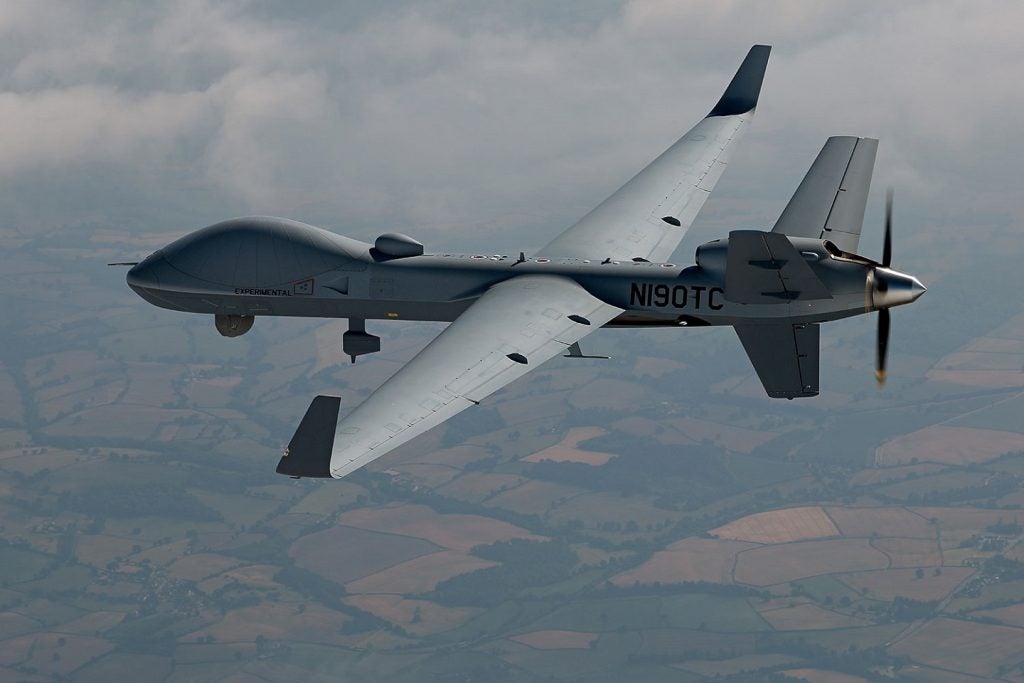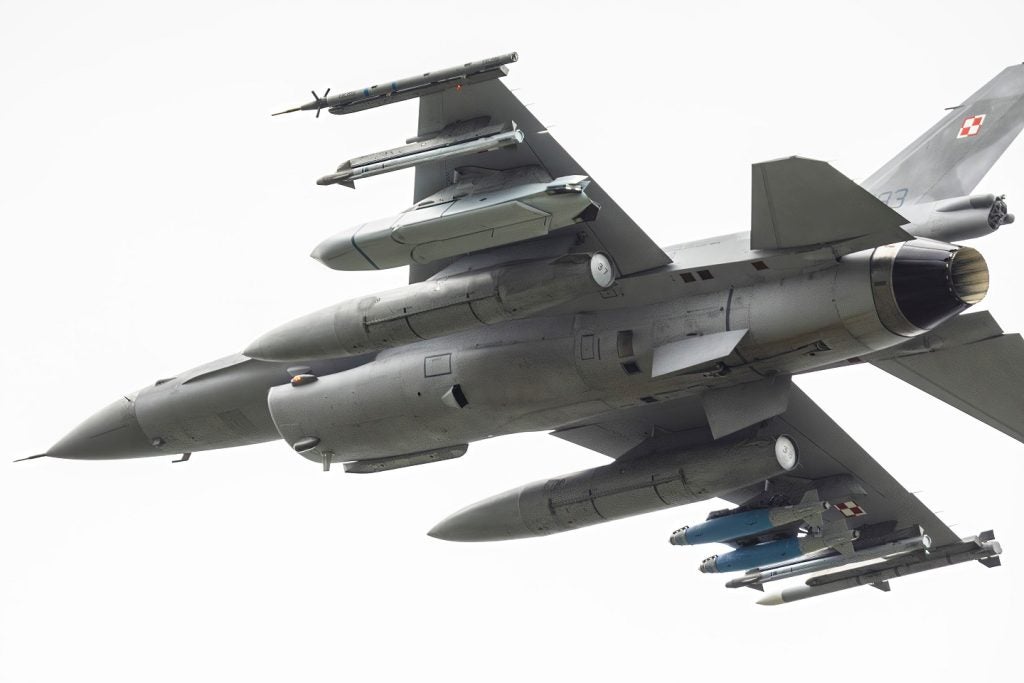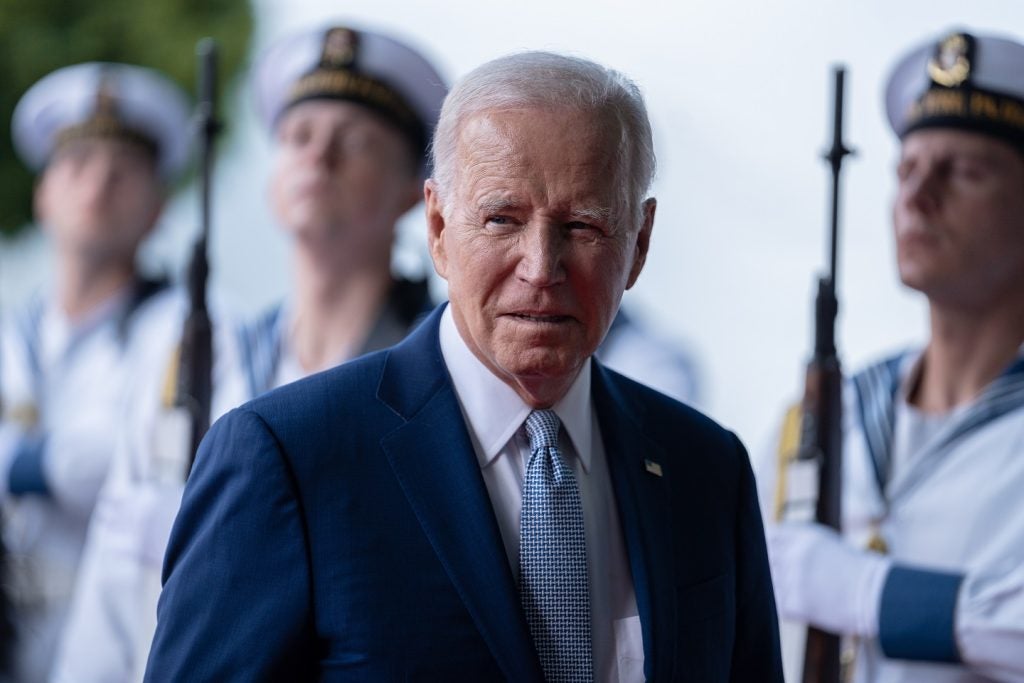In a development in the realm of international defence procurement, General Atomics Aeronautical Systems (GA-ASI) has clinched a contract worth $250m for the supply of MQ-9B SkyGuardian unmanned aerial vehicles (UAVs) to Taiwan.
The deal, facilitated by the US Air Force, signals an advancement in Taiwan's defence capabilities, sparking debate over regional security dynamics.
According to GlobalData's "Thematic Intelligence: Drones in Aerospace & Defense (2023)" report, GA-ASI is one of the largest UAV manufacturers, selling the MQ-9A Reaper, MQ-9B SkyGuardian, MQ-9B SeaGuardian, Mojave, MQ-1C Gray Eagle, and MQ-1 Predator UAV to the US and its allies worldwide.
The agreement, announced by the US Air Force on 11 March, 2024, includes the provision of four MQ-9B drones, two certifiable ground control stations, and associated spares and support equipment. The contract, expected to be completed by 11 August, 2027, marks a milestone in Taiwan's efforts to bolster its defence capabilities amidst escalating regional geopolitical tensions.
This procurement, facilitated through a sole-source acquisition, underscores the growing partnership between the United States and Taiwan, with a particular focus on enhancing the latter's defence infrastructure. With China's continued assertiveness in the Asia-Pacific region, Taiwan has increasingly sought to modernise its military arsenal to deter potential threats and safeguard its sovereignty.
The MQ-9B SkyGuardian drones, known for their long-endurance capabilities and versatility in intelligence, surveillance, and reconnaissance (ISR) missions, are poised to play a role in Taiwan's defence strategy. The manufacture of Taiwan's SkyGuardian force will be performed at Poway, California.
US military support to Taiwan draws opposition from Beijing
China has vehemently opposed any arms sales or military cooperation between the United States and Taiwan, viewing such moves as a direct challenge to its territorial claims and national security interests. Beijing has consistently warned against foreign interference in what it considers to be internal affairs and has threatened retaliation against any party involved in bolstering Taiwan's military capabilities.
Despite this, the US Department of Defense has this year awarded Raytheon a $68.4m contract modification to produce and deliver 50 Joint Standoff Weapon (JSOW) air-to-surface missiles for Taiwan. Concurrently, the United States authorised a $75m Foreign Military Sale to Taiwan for an advanced tactical data link system upgrade.
The award of this contract comes amidst heightened tensions across the Taiwan Strait, with both Taipei and Beijing engaging in military manoeuvres and diplomatic posturing. While the United States maintains a policy of strategic ambiguity regarding its commitment to Taiwan's defence, the latest contract serves as a tangible demonstration of Washington's support for the island nation's security needs.
GA-ASI's contract to procure MQ-9B SkyGuardian drones for Taiwan shows the evolving geopolitical landscape in the Asia-Pacific region. As defence modernisation efforts accelerate and strategic alliances are reshaped, the implications of such agreements reverberate far beyond the confines of military procurement, shaping the contours of regional security.
India has also advanced its defence capabilities with the approval of a $4bn deal to acquire 31 MQ-9B remotely piloted aircraft. The deal aims to strengthen India's presence in the Indo-Pacific region.












